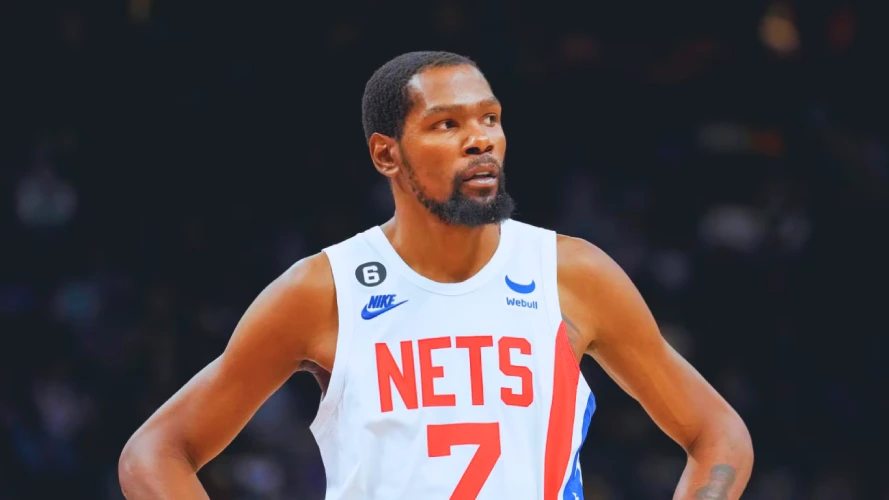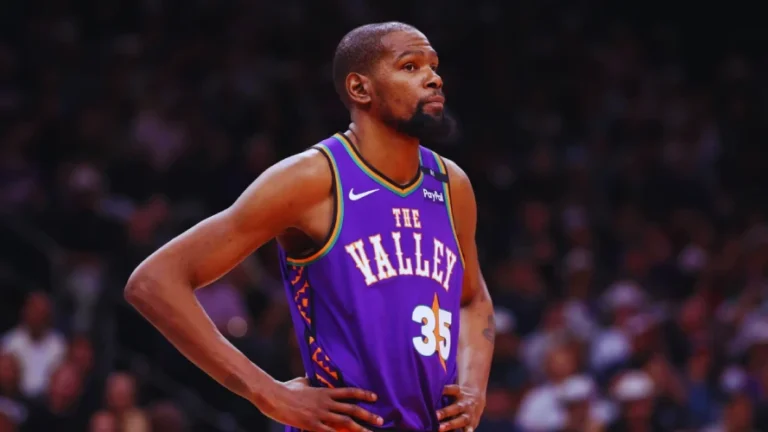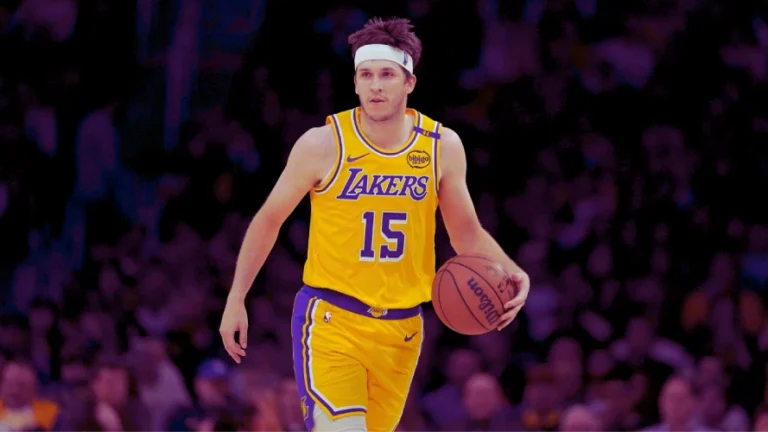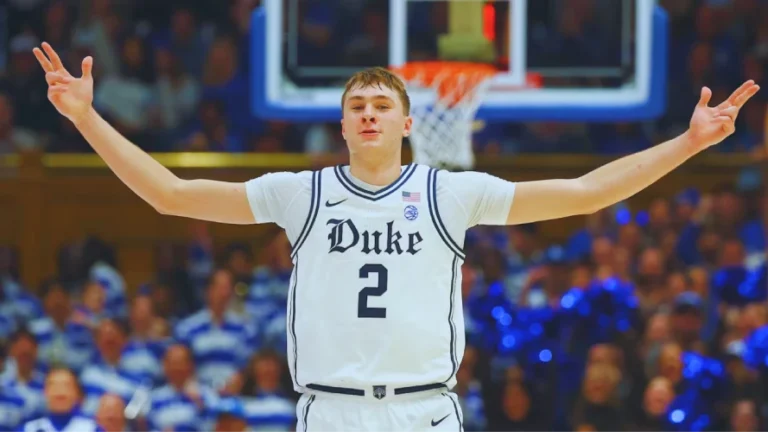Kevin Durant has officially become the highest-paid player in NBA history, reaching a staggering $598.2 million in career earnings after signing a two-year, $90 million extension with the Houston Rockets. The deal pushes him past LeBron James, who stands at $583.9 million, and marks a new chapter not only in Durant’s career but in the business evolution of basketball itself.
What began as a league of modest salaries and local fame has transformed into a global industry where elite players command financial power once reserved for owners. Durant’s achievement is not merely the result of longevity or contracts; it’s the reflection of an era where players are both athletes and empires.
The New Order of NBA Wealth
Durant’s rise to the top highlights the remarkable expansion of the league’s economy. Following him are LeBron James with $583.9 million, Stephen Curry with $470.1 million, James Harden at $411.4 million, Paul George at $406.2 million, and Chris Paul at $404.5 million.
These numbers are not just statistics; they tell a story of evolution. The modern NBA, driven by billion-dollar broadcasting rights and global fan engagement, has turned its superstars into financial institutions. Durant’s place at the top represents the full realization of this transformation.
From Modesty to Millions
To understand the magnitude of today’s salaries, one only needs to look back at the legends who built the foundation of the league. Larry Bird earned just $25.8 million across his entire career. Magic Johnson, the face of Showtime in Los Angeles, earned $39 million. Charles Barkley, one of the most dominant forwards of his generation, made $43.6 million.
Even Michael Jordan, the man who defined basketball superstardom, made just $94 million in total player salary, most of which came from his final seasons with the Chicago Bulls. Shaquille O’Neal finished with $286.3 million, while Kobe Bryant retired with $323.3 million.
Today, a single modern contract can surpass what entire careers once earned. The contrast is staggering and illustrates how the NBA has grown from a national pastime into a global entertainment powerhouse.
Durant’s Path to the Top
Kevin Durant’s financial rise mirrors his on-court dominance. Drafted in 2007 by the Seattle SuperSonics, he entered a league on the brink of financial revolution. His scoring talent quickly made him one of the game’s brightest stars, but his business foresight kept him relevant beyond the hardwood.
Durant capitalized on every opportunity — from max contracts with Oklahoma City, Golden State, Brooklyn, Phoenix, and now Houston, to strategic investments through his company, Thirty Five Ventures. His mix of on-court consistency and off-court vision has made him a prototype for the modern superstar.
This latest Houston extension doesn’t just extend his playing career; it reaffirms his financial leadership in a league defined by constant evolution.
The Changing Definition of Greatness
The conversation around legacy in the NBA has expanded. It’s no longer confined to championships or MVPs. Greatness now includes influence, entrepreneurship, and the ability to build something lasting beyond basketball.
Durant’s $598 million career total symbolizes this shift. It places him at the center of an era where players negotiate their value not only through performance but through cultural relevance and strategic positioning.
LeBron James exemplified this model by using his platform for business ventures, media production, and social impact. Durant followed a similar path, but his route has been quieter more calculated than theatrical. While LeBron built empires in the spotlight, Durant built his through precision, patience, and diversification.
Comparing Eras: Jordan to Durant
When comparing Durant’s $598 million to Michael Jordan’s $94 million, context becomes crucial. The economic structure of the NBA in the 1980s and 1990s simply couldn’t support today’s earnings. The salary cap was lower, revenue streams were limited, and the league had not yet embraced the full potential of global media.
Jordan, of course, transcended salary through endorsements, particularly with Nike, which made him a billionaire long after retirement. But Durant’s accomplishment lies within the game itself every dollar earned on the court, every contract negotiated within the boundaries of NBA operations.
His career, which has spanned multiple teams and eras, stands as a living document of basketball’s financial evolution.
The Role of the Modern Superstar
Durant’s milestone is also a testament to how the power dynamic between players and franchises has changed. Modern stars have greater agency, negotiating shorter contracts with higher payouts and maintaining flexibility through player options like Durant’s current deal in Houston.
The player empowerment movement, pioneered by stars like LeBron and further refined by Durant, has allowed athletes to treat their careers as businesses. The result is a league where the top players are no longer employees they are partners in the enterprise of basketball.
What It Means for the Future of the League
Durant’s rise to the top of the earnings list is more than a record. It represents the NBA’s new financial ceiling and perhaps a warning of how quickly that ceiling keeps rising. As television contracts expand and international audiences grow, future stars could easily surpass the $700 million mark in career salary alone.
Young players like Luka Dončić, Jayson Tatum, and Victor Wembanyama are entering the league in an era of unprecedented opportunity. They stand to inherit a system that Durant and his peers helped shape one where skill meets strategy, and influence meets wealth.
The Human Story Behind the Numbers
Yet beneath all the zeros, Durant’s achievement remains deeply human. It’s about endurance. It’s about the ability to adapt, to survive injuries, criticism, and constant media scrutiny. Durant has reinvented himself time and again from the young scorer in Oklahoma City, to the Finals MVP in Golden State, to the resilient veteran now mentoring Houston’s next generation.
Each contract tells part of that story. Each dollar represents not just performance, but perseverance.
Conclusion: More Than Money
Kevin Durant’s $598.2 million career earnings mark more than financial success. They capture the journey of a player who has outlasted eras, defied expectations, and helped redefine what it means to be an athlete in the modern age.
From modest beginnings to global icon status, Durant’s ascent reflects both personal triumph and the transformation of an entire sport. The numbers may continue to grow, the rankings may shift, but one truth remains Durant has set a new standard for what longevity, intelligence, and ambition can achieve in professional basketball.
In the history of the NBA, few players have shaped the game on as many levels as Kevin Durant. His legacy now extends beyond points and rings it lives in the very economy of the sport itself.




